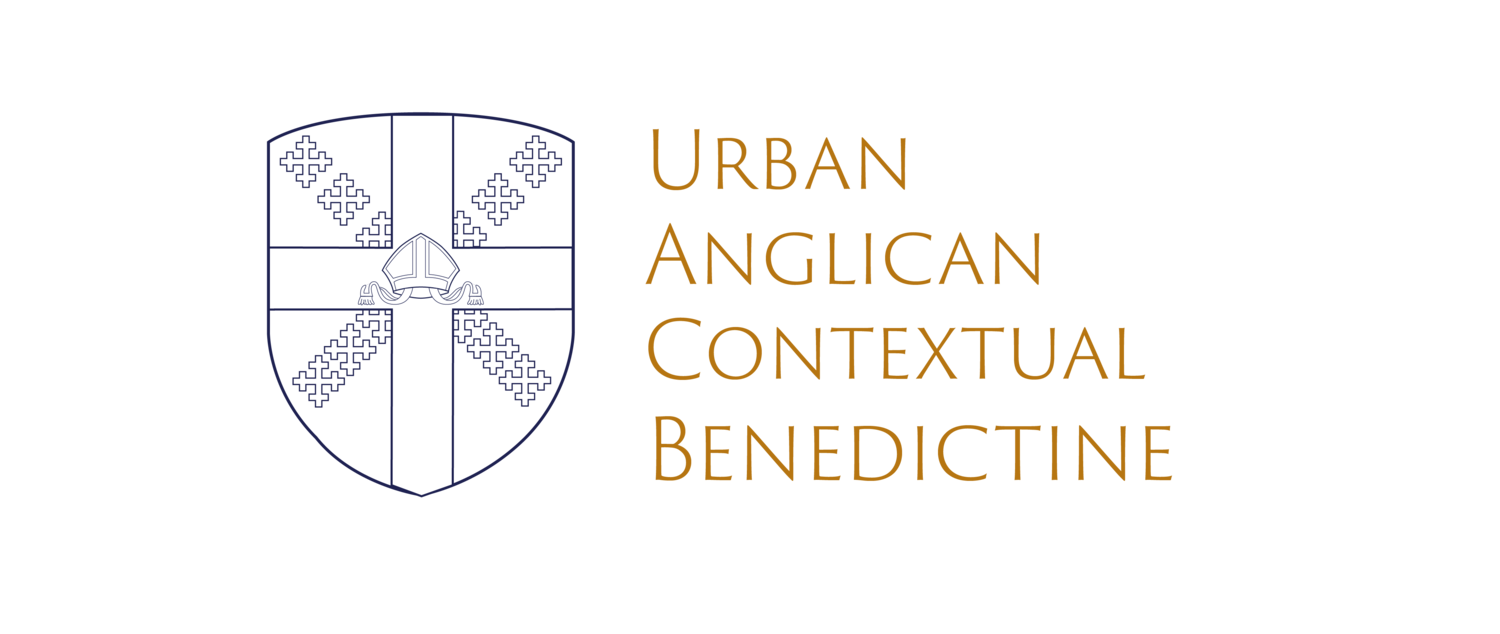A Call to Mend our Common Garment of Destiny: Preventing Anti-Asian and Asian American Hate Crimes
by Dr. Jee Hei Park
Visiting Assistant Professor of New Testament & Louisville Postdoctoral Fellow
“We are tied together in the single garment of destiny, caught in an inescapable network of mutuality. And whatever affects one directly affects all indirectly. For some reason I can never be what I ought to be until you are what you ought to be. This is the way God’s universe is made; this is the way it is structed.” ~ Martin Luther King, Jr.
Not many know that Asian Americans have been part of American history since at least the 1850s, when young Chinese men arrived on the West Coast to work as cheap laborers. Soon followed by Japanese, Koreans, Indians, and Filipinos, these Asians and then Asian Americans built railroads, mined coal, and plowed farms. Though they built important parts of US infrastructure, their stories are rarely the subject of any American History curriculum. Instead, Asian immigrants represent the history of those vilified and excluded on US soil. Around the 1870s, hate and violence against the Chinese increased throughout the West Coast, together with complaints that, “They’re taking away our jobs!” (sound familiar?), which culminated in the Congressional Exclusionary Acts, which was passed in 1882. Those Chinese laborers became the very first undocumented immigrants of this country.
But they were far from the last. A large number of Filipinos who migrated to the West Coast in the 1920s to work as farm laborers quickly became subject to serious violence as racism intensified in the Great Depression. Violence against another group of Asians, this time Japanese, grew rapidly during World War II, especially after Pearl Harbor, and eventually led to the internment from 1942 and 1945. More recently, during the 1992 Los Angeles uprising that ensued after the Rodney King verdict, the LAPD left Korean-owned businesses to burn (If you’d like to be better informed of Asian American history, the PBS documentary series, “Asian Americans,” is a great start).
We Asian Americans are distressed by and enraged at the rise of hate crimes against Asian Americans, but sadly, we are not surprised. Hate against AAPI (Asian American and Pacific Islander) has always existed. It’s just that the exclusion, discrimination, and violence that they experience are seldom publicly talked about. More often, they are glossed over with the model minority myth.
Why then stop Asian hate? Perhaps, as MLK reminds us, it’s because hate destroys the way that God’s universe is made, that all are woven together in the single garment of destiny; because hate originates from the misconception that the line between “us” and “them” is real; and perhaps because we realize such hatred, such othering, gives us only a toxic comfort.
How to stop Asian hate? The first step is to build relationships. Again, MLK teaches us that we are all caught in this inescapable web of relationships, and that whatever affects one affects all. So you might start by connecting with Asian Americans and Asian American faith communities in your area. See and respect diversity in them, relate to them, and stand in solidarity with them.
The single garment of God, although torn apart now, can be repaired. And all of us are called to undertake this repair job at this moment.

